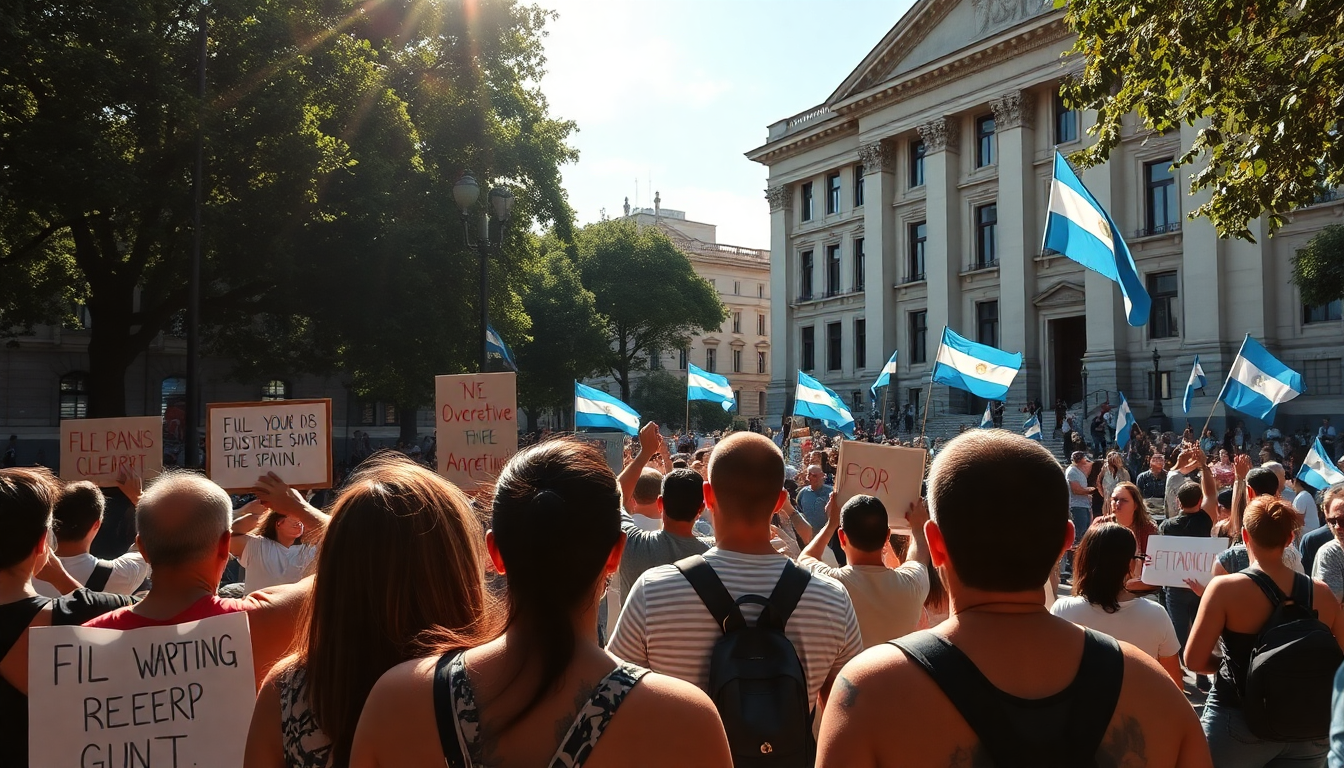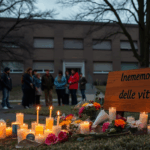Table of Contents
The political scene in Argentina is anything but calm right now. President Javier Milei is facing a growing bribery scandal just as the country gears up for crucial elections. With voting scheduled for September and October, these elections will not only challenge Milei’s leadership but also reveal how resilient his administration really is in the face of rising public unrest and protests from opposition groups.
It’s a tense moment, reflecting deep divisions within Argentine society as voters get ready to make key decisions about their government’s future.
The Context of the Upcoming Elections
Mark your calendars for September 7! That’s when the local elections in Buenos Aires province will kick off, and they’re expected to be a crucial indicator of how the public feels about Milei’s government.
Following that, on October 26, Argentina will hold midterm elections, contesting half of the 257-seat Chamber of Deputies and a third of the Senate. These elections are poised to be a real test for Milei, who rose to power amid significant political dissatisfaction but is now facing the fallout from his controversial economic policies.
Milei’s approach to economic reform has been nothing short of radical. His drastic measures, often referred to as “shock treatment,” aim to tackle Argentina’s soaring inflation. However, they’ve also sparked intense debate and considerable criticism. His strategies, which include austerity measures, cuts to social services, and deregulation, are viewed by many as worsening the plight of the country’s most vulnerable populations.
While he claims that inflation is starting to stabilize, the harsh reality of rising unemployment and poverty continues to overshadow his administration.
Protests and Public Backlash
Things have been heating up politically, especially highlighted by recent protests at a campaign rally in Lomas de Zamora, where Milei faced a hostile crowd.
Protesters threw objects at his vehicle, forcing him to make a hasty exit. This incident isn’t just a one-off; it’s part of a larger wave of dissent fueled by allegations of corruption involving his sister, Karina Milei, who holds a significant position in his government.
Eyewitnesses described a chaotic scene during the rally, with objects launched at the Mileis and video footage capturing the frenzy as Milei’s vehicle sped away from the increasingly aggressive crowd. This incident has energized opposition forces eager to leverage the growing discontent surrounding Milei’s presidency. As the election dates draw near, we can expect protests to ramp up, serving as a litmus test for public sentiment.
In response to the protests, Milei has taken to social media to reshape the narrative, framing the demonstrators as part of a larger political adversary—“Kirchnerism.” He’s urging voters to reject this ideology in the upcoming elections, creating a stark choice in his rhetoric: civilization versus barbarity. It’s a strategy aimed at rallying his base against what he perceives as threats to his administration.
Implications of the Bribery Scandal
The bribery allegations against Karina Milei have thrown an additional wrench into the political landscape. Accusations suggest she might have improperly benefited from government contracts, raising serious ethical concerns about the Milei administration. In light of these claims, President Milei has acted quickly, firing Diego Spagnuolo, the head of the National Disability Agency, who was implicated in the corruption recordings.
Even with these decisive actions, the scandal has brought intensified scrutiny on Milei’s governance and his ability to maintain public trust. The ramifications of this scandal could be significant, impacting not just the upcoming elections but also the stability of his presidency moving forward. Milei’s attempts to distance himself from the allegations, labeling them as fabrications, suggest a tactical move to protect his political capital as he faces mounting challenges.
As Argentina’s political climate shifts, the interplay of economic policy, public sentiment, and political integrity will be crucial in shaping the outcomes of the upcoming elections. With the stakes at an all-time high, Milei’s leadership is about to be tested in ways that could redefine the future of Argentine politics. Will he rise to the occasion, or will this be a turning point for his presidency? Only time will tell.





